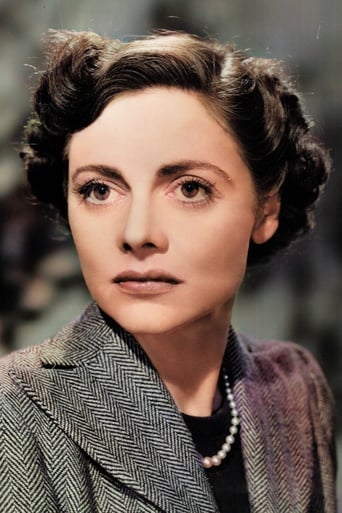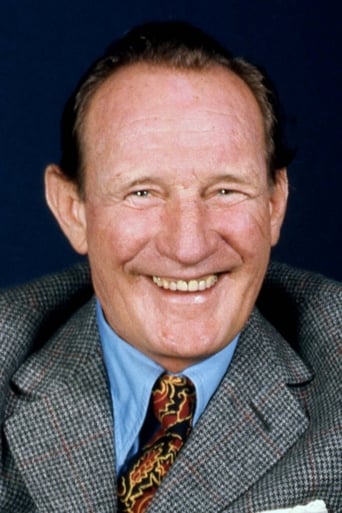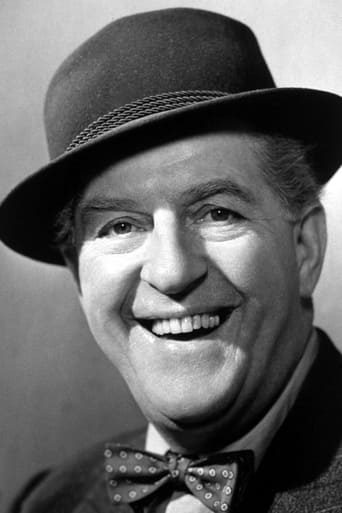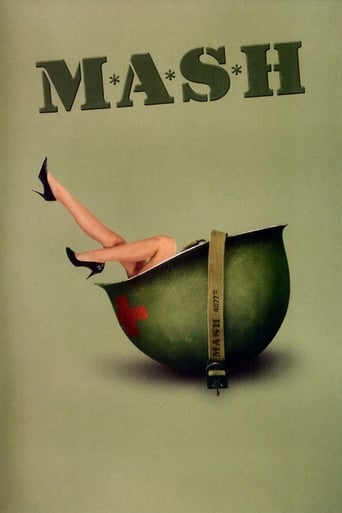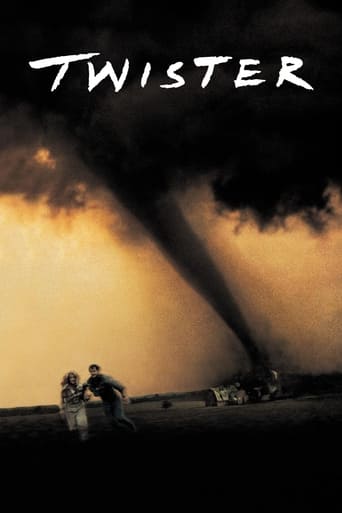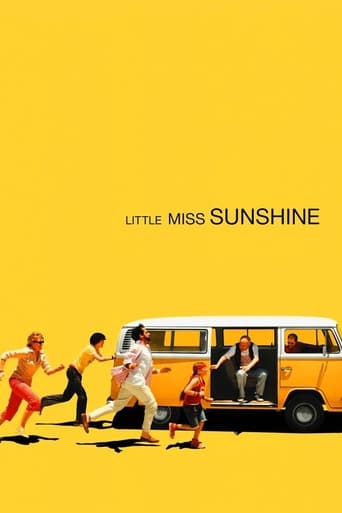
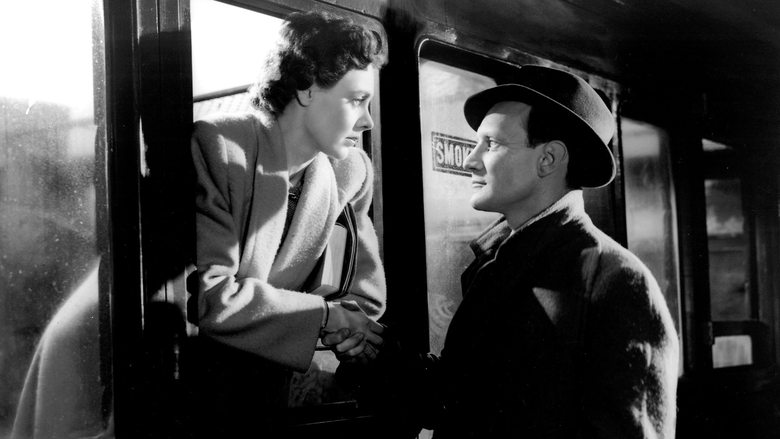
Brief Encounter (1946)
Returning home from a shopping trip to a nearby town, bored suburban housewife Laura Jesson is thrown by happenstance into an acquaintance with virtuous doctor Alec Harvey. Their casual friendship soon develops during their weekly visits into something more emotionally fulfilling than either expected, and they must wrestle with the potential havoc their deepening relationship would have on their lives and the lives of those they love.
Watch Trailer
Cast


Similar titles
Reviews
It is not the right word. but it defines a precious last impression about this little gem who seems perfect. for music, details. and, sure, for a great couple. the love story between Laura Jesson and Alec Harvey is so ordinary that it becomes special. for suggestion. and for the impecable performances. for atmosphere. and for the feelings of viewer about an imposible love affair. for delicacy and sensitivity and humor. and for the meet between David Lean and Noel Coward. sure, it is a familiar story between ordinary people. but the genius of this film is represented by chemistry between Celia Johnson and Trevor Howard and for the art to give a perfect story, mixing nostalgia, a meeting in station the portrait of Myrtle Bagot by Joyce Carey and the sensation to be a story about yourself. so, a magnificent gem trminding a sort of romanticism who, today, remains a so useful refuge.
It is odd to see a movie made so long ago which feels so truthful in what it has to say about romance and romantic relationships. "Brief Encounter" may not have any sex or swearing, but it features such an emotional gut-punch it feels like it should be rated an adults' only film.Further, "Brief Encounter" rises above the trappings of a romantic movie and becomes a movie about fate, one that is painfully aware of the role that coincidence has in our realisation of our potential for happiness. I have often thought that one of the biggest lies told by virtually all Hollywood films is the one about fate. Hollywood peddles the fib that happiness is out there about to come to you and all you have to do is, well, nothing. Just keep doing what you're doing, working your dead-end job, loving somebody who doesn't love you, yearning for the man or woman down the hall. Whatever's meant to happen eventually does, and you are meant to be happy.What a load of codswallop."Brief Encounter" is one of very few films of any genre that acknowledges the fact that fate plays tricks, that it can give and take, and more often than not, leaves you wondering what could have happened if you hadn't stopped there at that moment, or looked away when you shouldn't have, or weren't buttonholed by a friend at the worst possible moment.It's almost unbearable, but "Brief Encounter" is proof that beauty comes from pain, just as pain comes from happenstance.
It may be 72 years old, but Brief Encounter's tale of heady, all-consuming romance is timeless. In fact, the film's character driven narrative is bolstered by its quaint, wholesome and passionately sentimental charm.Celia Johnson (Laura) and Trevor Howard (Alec) deliver performances that are just as sensitive and articulate as Noel Coward's poignant, eloquent script. Johnson is particularly impressive in the way she tactfully skirts the overwrought potential of her character with a performance that is nuanced as it is endearing. The stellar leads are also supported by several interesting characters, especially Myrtle the sassy cafe manager and Albert the cheeky station conductor.Perhaps the only criticism of Coward's pithy script is that it doesn't sufficiently develop Laura's relationship with Fred, her seemingly mild-mannered and understanding husband. More detail of her staid, suburban existence may have given her romantic dilemma even greater resonance.Minor gripes aside, this proverbial classic is likely to cause a lump in the throat of anyone who has experienced the difficult, overwhelming feelings of Laura and Dr. Alec.
'Brief Encounter' is a film from the initial part of David Lean's career as a filmmaker when he was majorly known for being the most skilled director at interpreting Noel Coward's plays on celluloid. The screenplay of 'Brief Encounter' written by Lean himself along with Ronald Neame and Anthony Havelock-Allan is based on Coward's play 'Still Life'. The film spreads out the play and expands on it. Unlike Lean's more popular works like 'Lawrence of Arabia' or 'The Bridge on the River Kwai', 'Brief Encounter' is a much more contained film with a smaller scope. But for me the film is as special as Lean's more grander works due to its intimate storytelling and mature depiction of an extra-marital affair.I think there are a few hints in the film about how suffocating the uptight nature of British middle/upper class society could be at the time. But to be honest, the social commentary is very nuanced and the major aspect that Lean is interested in is the exploration of the characters, especially Laura. The film is interested in focusing on the struggle that Laura goes through while balancing a sense of guilt along with desire. Most generic films that deal with extra- marital affairs resort a little too much to steamy sexual scenes for depicting the passion between the participants which invariably ends up being nothing but a source of the audience's titillation without saying anything about the characters. 'Brief Encounter' on the other hand is based solely on the characters' inner struggles. David Lean never judges them for their actions. There is a humane sense with which Laura and Alec get treated. These characters know that what they are getting into has no future, but the circumstances and tender nature in which they treat each other makes it impossible for them to resist each other's company.Lean also beautifully shows the difference between the grander scheme of things and the individual problems and struggles. A person can be going through the most traumatic experience, but it might not be of any significance in the bigger picture. This theme is brilliantly depicted in the first scene. We enter the railway station tea stall. We see the ancillary characters in the story talking to each other. Suddenly the camera pans away from them and moves to a table where Laura and Alec are sitting. We don't know them yet. We don't even hear what they are saying to each other, their conversation gets drowned by the other conversations being held in the room. It's only when we enter the psyche of Laura which happens later in the film that we truly get to understand the gravity of that first scene. Lean's direction from a basic technical standpoint has to be admired too along with the way he handles the theme of the story and his actors. He remains nuanced in his way of using the camera. Whenever Lean wants us to know what Laura is thinking, he approaches Laura ever so gently with the camera along with the dimming of the lights in the shot. There is a scene where a sudden change in mood makes the camera tilt to the right, as the tension settles, the camera tilts back to its normal straight position. Lean also does something that I love, he stages one particular scene twice, but from different perspectives. It always impresses me when a director is able to pull this storytelling technique off properly and Lean does so with flying colours.From an acting sense, the film has good performances all round, but the only actor that deserves a special mention is Celia Johnson. She is the one who drives this film forward. She is very subtle, very expressive and brilliantly portrays the struggle of Laura. She makes it impossible for the audience to not feel for Laura. Her voice-over is also brilliant.If I have to nit-pick, I'll say that maybe the voice-over in some scenes could have been more discreetly used. In certain scenes I thought, the emotional effect would have been more powerful if what Laura is thinking wasn't completely told to the audience, but it really is a very minor complaint.I'll end this review by reaffirming my appreciation for 'Brief Encounter'. This is an example of a mature piece of filmmaking where the director fleshes out the central character completely in front of you. Highly recommended.


